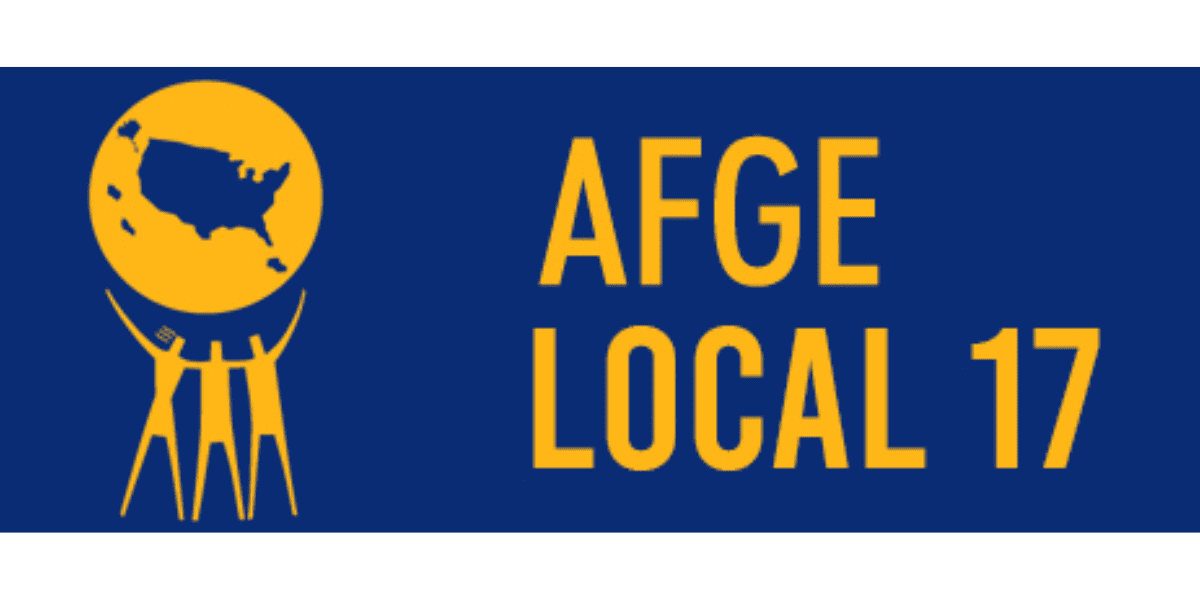The agencies responsible for protecting federal whistleblowers and overseeing the government’s labor relations program will begin 2018 with their top leaders in place. The panel responsible for handling appeals involving wronged federal workers? Not so much.
Henry Kerner, the new chief of the U.S. Office of Special Counsel, told Bloomberg Law he will make the agency more aggressive in going after wrongdoers.
The OSC is charged with enforcing a law that prohibits federal workers from engaging in 13 personnel practices. In addition to whistleblower retaliation, the banned practices include inappropriate political activities, nepotism, and violating veterans’ preference laws.
“OSC has been great at getting corrective actions,” Kerner said of the independent investigative and prosecutorial agency. “But sometimes discipline hasn’t been as strong as it could be.”
The agency is good, for example, at restoring federal whistleblowers to the jobs they had before they were demoted in retaliation for making protected disclosures about waste, fraud, and abuse, Kerner explained. It hasn’t been as successful in ensuring discipline for those who retaliate, he said.
Punishment “will have a deterrent effect” for those who think they can stifle or intimidate whistleblowers or commit other prohibited practices, Kerner said.
Efficiency is also a priority, he said. The appeals process at the OSC “is slow as molasses,” Kerner said. “Even if a case is thrown out, it’s important to do that quickly.”
Kerner was a prosecutor in California for 18 years, working as deputy district attorney for Los Angeles County.
Before joining the OSC, he was vice president at the Cause of Action Institute. Cause of Action is a Washington-based nonprofit that describes its mission as “advocating for economic freedom and individual opportunity advanced by honest, accountable, and limited government.” Kerner also has worked at the House Oversight and Government Reform Committee and the Senate Permanent Subcommittee on Investigations.
The new special counsel “has a solid history in the trenches helping whistleblowers,” Tom Devine, legal director for the Washington-based Government Accountability Project, told Bloomberg Law. “Most significant, he is not afraid to litigate, the missing link for agencies to respect OSC investigations and accept OSC recommendations.”
New Team in Place at FLRA
The Federal Labor Relations Authority, which administers the government’s labor-management relations program and adjudicates labor disputes between agencies and unions, also has leaders in place.
Colleen Duffy Kiko, James T. Abbott, and Ernest DuBester were sworn in as FLRA members Dec. 11. That brought the three-member panel back to full strength with Kiko as its chair, FLRA spokeswoman Gina Grippando told Bloomberg Law.
DuBester, the FLRA’s Democratic member and a former union attorney, has been a panel member since August 2009. Kiko and Abbott are first-timers, although both have extensive experience at the agency. Kiko was the FLRA’s general counsel from October 2005 until March 2008. Abbott was appointed as the FLRA’s chief counsel in 2007.
“We expect that cases will be resolved and issued more promptly than when prior cohorts took office” because of the panel members’ backgrounds, Grippando said.
Those interested in how the FLRA will rule on federal labor issues going forward should look at dissents over the past four years by former FLRA Member Patrick Pizzella, consultant Bob Gilson told Bloomberg Law. Pizzella joined the panel, which can’t consist of three members from the same political party, in October 2013 as its Republican member.
Once the new, majority-Republican panel begins issuing decisions, DuBester likely will be the one writing dissents, Gilson said. Gilson, a retired federal labor relations director, now works as a contractor helping agencies resolve labor issues.
FLRA members serve for five years, but Kiko, Abbott, and DuBester are stepping into existing terms. Kiko’s nearly full term will expire July 29, 2022, and Abbott’s will expire July 1, 2020. DuBester will serve the remainder of a five-year term that expires July 1, 2019.
Only One Member at Merit Board
The Merit Systems Protection Board, on the other hand, has just one member: Mark Robbins, who was designated as the board’s vice chairman by President Donald Trump in January.
This means the panel, which adjudicates employee appeals alleging prohibited personnel actions, can’t issue final decisions right now. The MSPB at full strength has three members. With a two-member quorum, the panel can issue final decisions but only if both members agree.
Attorney Cheri Cannon is advising some of her clients to appeal initial decisions from MSPB administrative judges directly to the U.S. Court of Appeals for the Federal Circuit rather than waiting for final action from the board, she told Bloomberg Law.
“You can get a much faster decision from the Federal Circuit” than the board at this time, “if you have strong facts,” she said. Cannon is a managing partner at Tully Rinckey who represents federal managers and employees before the MSPB, the OSC, and the Equal Employment Opportunity Commission.
Trump can nominate three new MSPB members, including a Democrat because the three board members can’t all be from the same political party. But he has yet to name any new picks for the board.
Robbins joined the MSPB in May 2012 after being nominated by President Barack Obama as its Republican member. Robbins’ term expires March 1, but he can remain on the board until Feb. 28, 2019, in holdover status.
MSPB administrative judges are continuing to issue initial decisions in cases brought by federal workers, James Eisenmann, the agency’s executive director, told Bloomberg Law. Robbins is voting on petitions for review of those decisions. But final decisions are on hold pending the confirmation of new members, Eisenmann said.
“We’re doing all we can with the cases” by having Robbins make determinations on the petitions for review in advance of the seating of additional board members, Eisenmann said.




